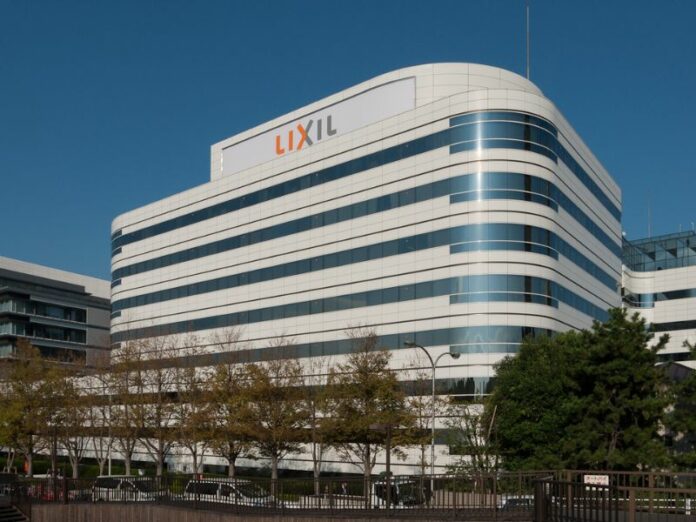LIXIL Corporation, a pioneer in water and housing products, has announced its updated environmental strategy to enhance positive impact on the planet and society.
The strategy outlines how LIXIL will tackle key environmental issues – climate change mitigation and adaptation, water sustainability, and contributing to the realization of a circular economy.
In each of these three focus areas, the updated strategy sets out new mid-term targets across LIXIL’s operations, value chain and beyond, to expand the positive impact the company is having on environmental and social issues of the world. The company’s approach extends beyond the mitigation of risks and adaptation, but throughout its value chain; leveraging its expertise to change the way people live, today and tomorrow.
Kinya Seto, President and Chief Executive Officer (CEO) of LIXIL said: “As a purpose-driven organization, LIXIL is embedding ESG activities and commitments into our core business strategy, to ensure that we are having a positive impact and to strengthen our business over the long-term. Our updated environmental strategy is central to this approach, ensuring that we are aligned across our business to important environmental commitments, but also because it will allow us to capture new opportunities and manage risks.”
Demonstrating the company’s strengthened commitment to accelerate efforts for sustainable business practices from operations and in collaboration with business partners, LIXIL recently marked its third consecutive year on the Supplier Engagement Leaderboard and Water Security A List by the CDP, one of the founding partners of the SBTi.
Research shows that buildings accounts for around 28% of energy related carbon dioxide emissions, of which housing accounts for 17%. Energy efficiency and high-performance housing is an urgent issue to be tackled.
LIXIL has renewed its certification from the Science Based Targets initiative (SBTi) in line with its targets to cap global temperature increase at 1.5ºC compared to pre-industrial temperatures.
Aligned with the Task Force on Climate-related Financial Disclosures (TCFD) recommendations, LIXIL has set approved targets in June 2022 for absolute GHG emissions reductions – from previously 30% to 50.4% for Scope 1&2 and 15% to 30% for Scope 3 by the fiscal year ending March 2031 from the fiscal year ended March 2019 base year.
In addition to Scope 1-3 targets, by FYE2026 LIXIL’s window product line-up ratio will become 100% high-performance for newly constructed homes and will continue to enhance technologies for improved energy efficiency, replacing existing windows and housing products in response to the growing renovation market.
LIXIL is introducing functional yet efficient solutions for end-users to reduce consumption of energy in both new and existing homes, driving impact for LIXIL and the environment – contributing to mitigation by enhancing the line-up of high-performance windows, doors and construction methods, and by energy saving water technologies such as faucets and toilets; while offering solutions such as shades, shutters, and storm doors designed to alleviate the effects of rising temperatures and heavy rainfall for adaptation.
On water sustainability, it was estimated that by 2050, it has been projected that 40% of the world’s population, will suffer from severe water depravation.
As the world’s leading water technology provider, LIXIL has set new targets that are focused on the social and environmental sustainability of water for future generations that are supported by its efforts to reduce, reuse, filter and improve accessibility to safer or better tasting water.
LIXIL will improve water use efficiency by 20% in its operations by FYE2031 and will reduce water usage at water-scarce business sites in accordance with TNFD.
Uchu Mukai, Chief Technology Officer and Chair of the Environmental Strategy Committee said “With the updated Environment Strategy, we want to reduce our CO2 (carbon dioxide) targets by evaluating our total emissions, including Scope 1, 2, and 3, protect water – one of the most precious resources – and focus on circular solutions that can have a positive impact on our planet; aiming at waste reduction from our facilities, resource efficiency, circularity throughout our products along the value chain. With the addition of Biodiversity as an interconnecting material issue, we believe that this strategy is an important step forward in addressing challenges and to have a positive impact on our business and the environment.”









